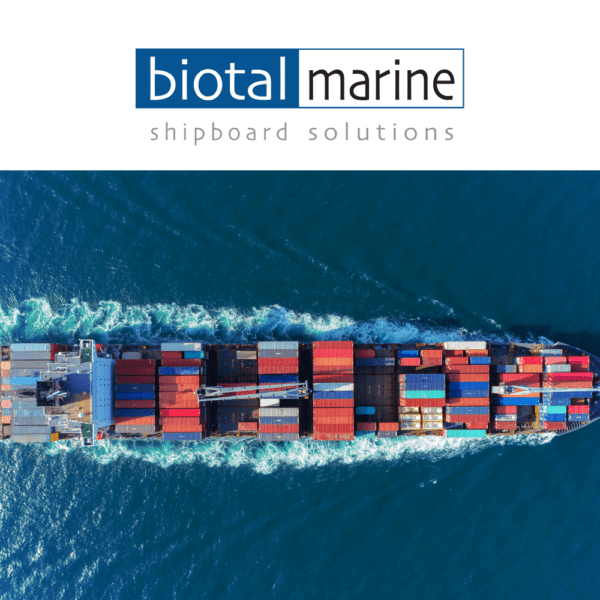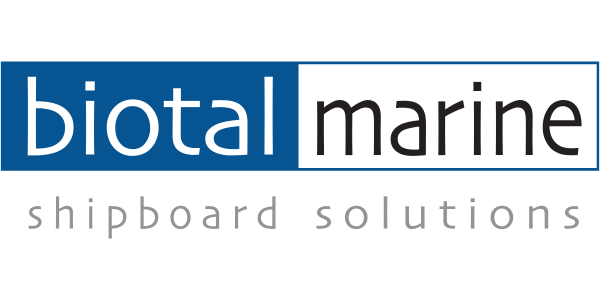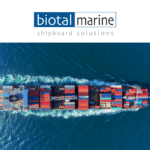Biotal GW 3000 is a liquid treatment containing application-specific bacteria strains capable of degrading a wide range of organic waste, combined with a natural sulphide control to help prevent malodours, solids build-up and corrosion in grey water storage systems.
Available in:
10 Litre pails
Applications:
Grey water storage tanks
Biotal GW 3000 is a totally different approach to the problems of grey water storage; via regular dosing of small volumes it reduces solids build-up, fatty acid production and most importantly, prevents hydrogen sulphide production. Biotal GW 3000 is an eco-benign® liquid product containing billions of application-specific bacteria to maintain grey water waste storage areas. The non toxic micro-organisms have been selected specifically by the Biotal Marine Research and Development team for their ability to produce extra-cellular enzymes to break down materials associated with the grey water waste, such as cellulose, proteins, starches, and in particular fats, oils and grease. When the product is used according to the application instructions, waste materials within the grey water are converted to carbon dioxide and water. The formulation also contains a naturally occurring alternative oxygen donor, this material is toxic to the strictly anaerobic sulphate reducing bacteria and they cannot grow, therefore hydrogen sulphide production is prevented at source. The bacteria within the Biotal GW3000 are also able to use the oxygen donor to carry out rapid degradation of fats, oils and grease and other solids in the waste, reducing both fatty deposits and sludge within the tank, keeping the tank cleaner and removing the areas where anaerobic bacteria would otherwise thrive.
When dosed regularly into grey water storage tanks, Biotal GW 3000 will ensure that the build-up of solids and fatty deposits are reduced in an effective and environmentally friendly manner. The treatment also removes areas where anaerobic bacteria can accumulate, and actively controls the levels of hydrogen sulphide and other odours coming from the tanks.
Regular dosing with Biotal GW 3000 into grey water storage tanks will have huge benefits in terms of prolonging the life of tanks and eliminating foul and potentially hazardous odours.
Advantages
Prevents build-up of deposits that can become anaerobic and lower pH
Maintains the integrity of grey water storage tanks
Removes need for hazardous manual tank cleaning
Prevents hydrogen sulphide production
Easy and convenient to use compared to powdered biological products
Provides continuous prevention of both solids build-up and odours rather than periodic cure
Directions for use
It is recommended to dose the product regularly into the grey water storage tank, preferably with a timer controlled peristaltic pump or similar.
We recommend addition of 25ml of Biotal GW 3000 per m3of tank volume, to be added daily. If the grey water is to be stored for prolonged periods, with no new additions, it is preferable to circulate the grey water or transfer it between tanks to provide mixing, but it is not necessary to aerate or heat the water for the product to be effective.
Regulatory environment
Many people believe that grey water, i.e. that coming from the galley, baths, sinks, showers and laundries is unregulated under the International Convention for the Prevention of Pollution from Ships (MARPOL). However, the issue of grey water is being considered actively by the Marine Environment Protection Committee (MEPC) and at the 63rd Session in 2012 for example, several preliminary conclusions were made suggesting that Annex IV should be interpreted to cover waste waters of all types, including grey water. Thus a future proof and 100% compliant interpretation of Annex IV is that grey water should be treated like sewage as ‘waste water’ and if not treated or comminuted and disinfected it must be discharged at a distance of more than 12 nautical miles from the nearest land.
Newer legislation such as the stringent limits regarding cruise ship discharges in Alaska introduced in 2000 under 33CFR159 sub-part E and the ‘Special Area’ status under the Annex IV MEPC 62 revision adopted in January 2013, also have an influence on grey water handling.
Depending on the type of vessel and the routes sailed, temporary on board storage of grey water prior to treatment or discharge may be required.



